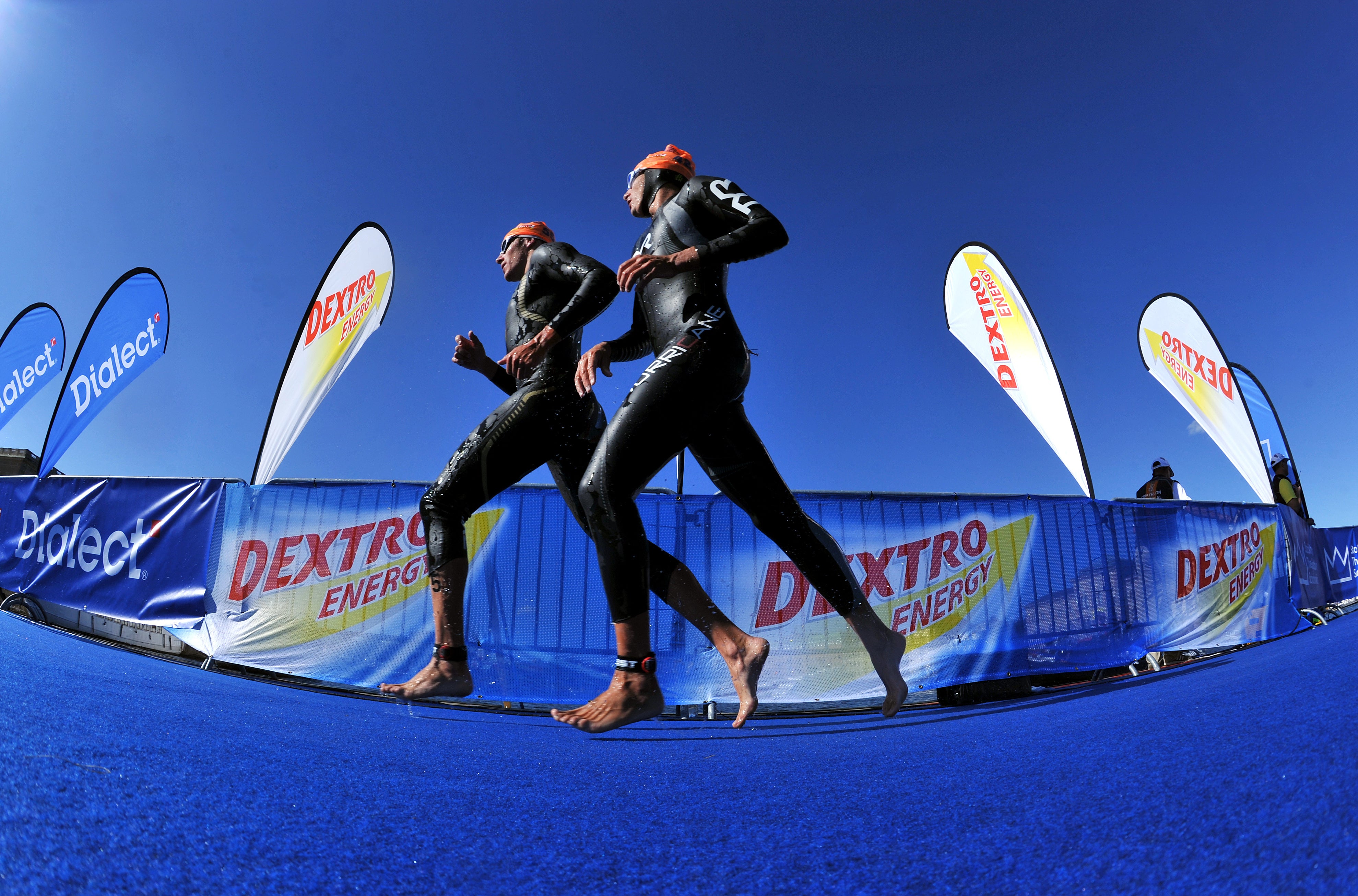Can You Be Too Much Of A Triathlon Perfectionist?

Photo: Janos Schmidt/Triathlon.org
Perfectionists have many positive qualities that transfer well to triathlon—they set very high standards, strive for excellence and pay close attention to detail. But as athletes, they are often too hard on themselves. Psychologists have argued that perfectionists can be divided into two groups: those who use their perfectionism adaptively, and those who become self-defeating in their quest for the ideal.
Top athletes will prepare rigorously and exhibit attention to detail prior to competition. But come race day, letting go of preconceived notions of success can be helpful. Competition requires embracing uncertainty and taking some risk, and in order to win, we must be willing to lose.
Researchers have outlined the difference in strategy among athletes who are playing to win versus those who are playing not to lose. When athletes are racing to win or to achieve a personal best, they exhibit an intensification of effort and a willingness to take risks, whereas athletes who are racing not to lose will be conservative in their efforts and try to avoid mistakes.
In order to reach our athletic potential, we need to be willing to frame racing as a challenge, not a threat. Winning and losing in all of their forms become a vehicle for personal improvement.
RELATED – Confessions Of An Age Grouper: Wag Your Tail
An unhealthy perfectionist with high expectations and a harsh internal judge is likely to be less success-oriented and more failure-avoidant. On race day, he will feel more anxious and less energetic. He will be focused on avoiding mistakes rather than going for it.
Reframing racing as a challenge in which you are not expected to be perfect frees you to take risks and access the brain regions that are associated with reward. In this mode, racers are able to get in a state of flow and be more automatic in their decision making and energized in their efforts. With a growth mind-set, there is everything to gain and nothing to lose.
Use the post-race debriefing process to learn from mistakes rather than judge yourself harshly. Don’t fixate on mistakes and compare yourself negatively to others—grow from your mistakes and embrace the challenge of future races.